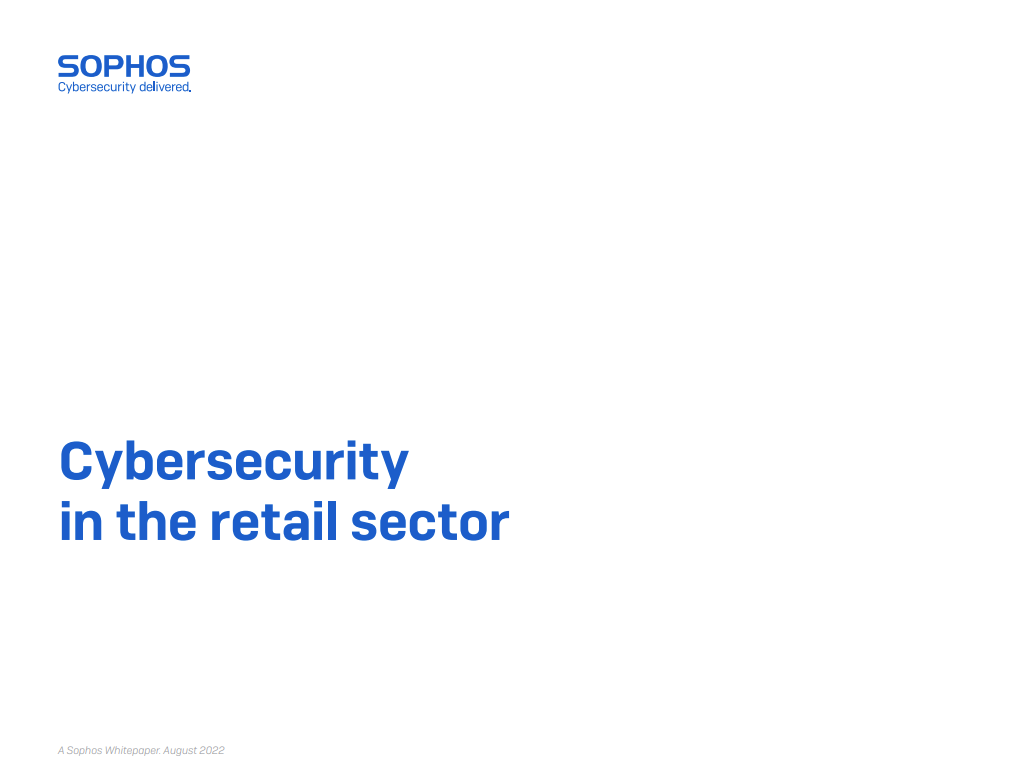‘Here you have’ an aggressive sex movie attack
Security firms are warning about a widespread and aggressive attack, using an old school method to tempt users into downloading a virus.


Cyber criminals have gone old-school by reverting to the tried and tested method of sending out emails containing a link to a malicious file, major security companies have warned.
In this case, the hackers have used the subject line of Here you have' or something similar, whilst a link in the body of the email is accompanied by a phrase designed to tempt the recipient in, such as the offer of free "sex movies."
In fact, the link will take the target to a site where they will be prompted to download a virus onto their computer.
Once the worm has made its way into the user's system, it will attempt to send the same email to contacts in the user's address book and try to prevent security software from working.
Orla Cox, a security expert at Symantec, told IT PRO it is "a widespread threat."
"The worm is particularly aggressive and spreads quickly within organisations. It has compromised a number of enterprise organisations," Cox added.
The virus installs on the Windows directory as a file called CSRSS.EXE, which may easily be confused with the valid CSRSS.EXE file in the Windows System directory, according to McAfee researchers' analysis.
Get the ITPro daily newsletter
Sign up today and you will receive a free copy of our Future Focus 2025 report - the leading guidance on AI, cybersecurity and other IT challenges as per 700+ senior executives
The worm can also be spread through removable drives, such as USB devices, while Sophos has suggested it could be propagated via network shares as well.
Despite prevalent concerns, the initial file pointed to in the emails has now been deleted, according to reports.
"The intention of the attack appears to be to steal information. The malware downloads components and other tools which extract passwords from browsers (Firefox, Chrome, Internet Explorer, Opera), various email clients, and other applications," explained Graham Cluley, senior technology researcher at Sophos.
Many security researchers also noted the similarity between this attack and those seen in the early 2000s, when lures such as love letters and Anna Kournikova images were used as bait.
As for what businesses can do, Ash Patel, country manager of the UK and Ireland for Stonesoft, said they should both educate and take a hard line on issues such as this attack.
"If staff are made sufficiently aware of threats, yet still naively open emails that are obviously a security risk, then I think disciplinary action has to be an option for the organisation," Patel told IT PRO.
"The same action would be taken if an employee deliberately installed a virus on the network."
Tom Brewster is currently an associate editor at Forbes and an award-winning journalist who covers cyber security, surveillance, and privacy. Starting his career at ITPro as a staff writer and working up to a senior staff writer role, Tom has been covering the tech industry for more than ten years and is considered one of the leading journalists in his specialism.
He is a proud alum of the University of Sheffield where he secured an undergraduate degree in English Literature before undertaking a certification from General Assembly in web development.
-
 Should AI PCs be part of your next hardware refresh?
Should AI PCs be part of your next hardware refresh?AI PCs are fast becoming a business staple and a surefire way to future-proof your business
By Bobby Hellard Published
-
 Westcon-Comstor and Vectra AI launch brace of new channel initiatives
Westcon-Comstor and Vectra AI launch brace of new channel initiativesNews Westcon-Comstor and Vectra AI have announced the launch of two new channel growth initiatives focused on the managed security service provider (MSSP) space and AWS Marketplace.
By Daniel Todd Published
-
 96% of SMBs are missing critical cybersecurity skills – here's why
96% of SMBs are missing critical cybersecurity skills – here's whyNews The skills shortage hits SMBs worse as they often suffer from a lack of budget and resources
By George Fitzmaurice Published
-
 Sophos Firewall Virtual review: Affordable network protection for those that like it virtualized
Sophos Firewall Virtual review: Affordable network protection for those that like it virtualizedReviews Extreme network security that's cheaper than a hardware appliance and just as easy to deploy
By Dave Mitchell Published
-
 MSPs are struggling with cyber security skills shortages
MSPs are struggling with cyber security skills shortagesNews A shortage of tools and difficulties keeping pace with solutions were also ranked as key issues for MSPs
By George Fitzmaurice Published
-
 Nearly 70 software vendors sign up to CISA’s cyber resilience program
Nearly 70 software vendors sign up to CISA’s cyber resilience programNews Major software manufacturers pledge to a voluntary framework aimed at boosting cyber resilience of customers across the US
By Solomon Klappholz Published
-
 Sophos and Tenable team up to launch new managed risk service
Sophos and Tenable team up to launch new managed risk serviceNews The new fully managed service aims to help organizations manage and protect external attack surfaces
By Daniel Todd Published
-
 Ransomware groups are using media coverage to coerce victims into paying
Ransomware groups are using media coverage to coerce victims into payingNews Threat actors are starting to see the benefits of a more sophisticated media strategy for extracting ransoms
By Solomon Klappholz Published
-
 Shrinking cyber attack “dwell times” highlight growing war of attrition with threat actors
Shrinking cyber attack “dwell times” highlight growing war of attrition with threat actorsNews While teams are becoming more proficient at detecting threats, attackers are augmenting their strategies
By Ross Kelly Published
-
 Cyber security in the retail sector
Cyber security in the retail sectorWhitepapers Retailers need to ensure their business operations and internal data aren't breached
By ITPro Published